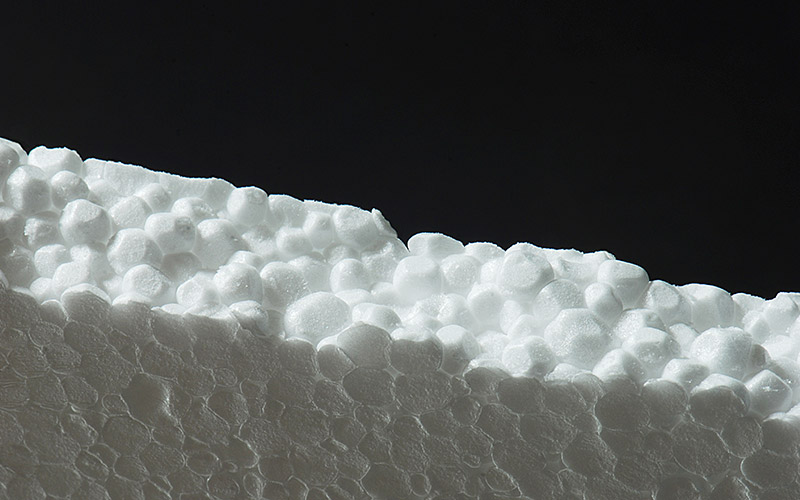PVC Cables – recommended installation practices
PVC cables in contact with styrene (Styrofoam), polyurethane and bituminized waterproofing and tapes used in domestic and commercial building applications.
Overview
PVC insulating and sheath compounds for cables are formulated to give excellent mechanical and electrical properties for the duration of service life. Modern PVC plastic formulations utilize resins, plasticizers, antioxidants, stabilizers and fillers to achieve characteristics such as flexibility, thermal stability and mechanical and electrical protection in accordance with Australian cable standards.
PVC compounds are thermally stable for the operating temperatures encountered in typical installation conditions, when installed in accordance with AS/NZS 3000.
Discussion
Certain groups of plasticizers used in PVC compounds are soluble in aromatic polymers and petroleum based products. When in direct contact with such materials (e.g. styrene, Styrofoam, polyurethane and bituminized papers) PVC compounds can demonstrate plasticizer migration. This migration can result in;
1. The loss of physical and electrical protection afforded by the insulation and sheath components of the cable, leading to potentially dangerous situations.
2. Degradation of the material which the cable is in contact with.
The breakdown effect of migration is mainly long term but can be exacerbated by the size of the surface contact area and elevated temperatures such as found in roof sheeting.
Recommended installation practices
It is recommended that installers ensure general market PVC insulated and sheathed electrical cables be installed in such a manner that they do not come in to direct contact with aromatic polymers (e.g. styrene, Styrofoam and polyurethane), bituminized papers and waterproofing. Cables should be installed in suitable conduits or protected by the use of polyester or polypropylene separation tapes. Alternative PVC cables utilizing non- migratory plasticizers are available, installers should ensure any such cables sourced can demonstrate suitable long term test results to substantiate performance.
Prysmian recommends the use of Afumex sheathed cables for these installation types. These cables have insulation and sheaths that do not contain PVC (plasticizers) and therefore do not exhibit the associated migration issues. Afumex cables are low smoke zero halogen types complying with AS/NZS 4507 classification RHE-1.
Please contact Prysmian Australia for further information.



